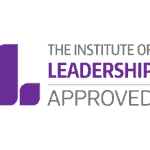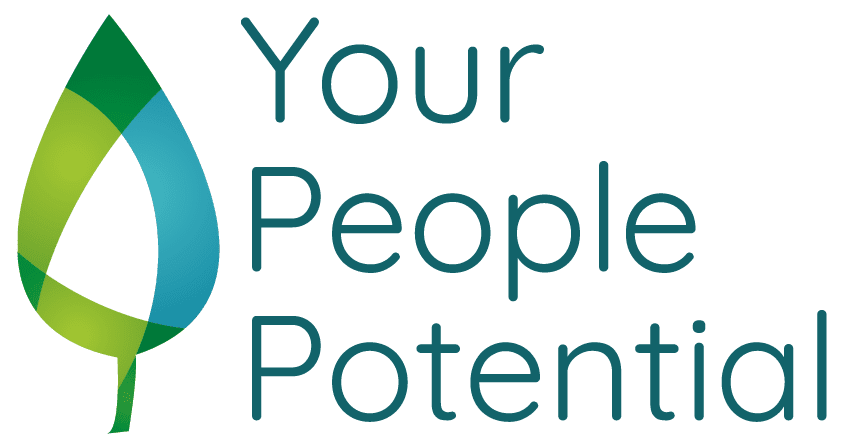The definition of ‘disability’ under the Equality Act 2010
Someone with a physical or mental impairment that has a substantial and long-term adverse effect on their ability to perform normal day-to-day activities, includes eating, walking, using the phone etc.
People who have had a disability in the past that meets this definition are also protected by the Act.
Progressive conditions considered to be a disability
People with HIV, cancer or multiple sclerosis are protected by the Act from the point of diagnosis. People with some visual impairments are automatically deemed to be disabled.
Gender reassignment – protection from the point of living as the other sex, no longer need to be under medical supervision.
Pregnancy & Childbirth – used to be sex discrimination, now from point of pregnancy and throughout maternity leave now covered by discrimination on grounds of pregnancy and childbirth.
Race – includes colour, nationality, ethnic or national origins.
Religious belief – includes lack of religion, religion must have a clear structure and belief system. Humanism is protected philosophical belief, political beliefs are not protected.
Gender – Men and women are covered
Sexual orientation – bisexual, gay, heterosexual and lesbian
What are ‘reasonable adjustments’?
Requests for reasonable adjustments –Travel to conferences, weekend working, buildings without disabled access.
In this context the word reasonable means whether or not such steps would be practicable and would actually have an effect, and are reasonable given the resources of the employer. Access to Work exists to provide funding to keep people with disabilities in work.
Reasonable adjustments to the workplace that employers might be expected to make include:
- altering working hours
- allowing them time during working hours for rehabilitation or treatment
- allocating some duties to another person
- arranging for special training
- acquiring or modifying premises, equipment, instructions or manuals
- providing readers or supervision.
People who have had a disability in the past that meets this definition are also protected by the Act.
Progressive conditions considered to be a disability – must treat the same
People with HIV, cancer or multiple sclerosis are protected by the Act from the point of diagnosis. People with some visual impairments are automatically deemed to be disabled.
Duty on employer to make reasonable adjustments – at interview and at work
New protection: discrimination to treat someone with a disability unfavourably because of something connected to the disability – performance managing someone with dyslexia for their spelling mistakes. (ask if they need an adjustment to attend interview or to undertake activities – our duty to do this)



